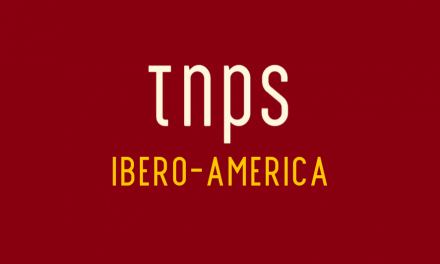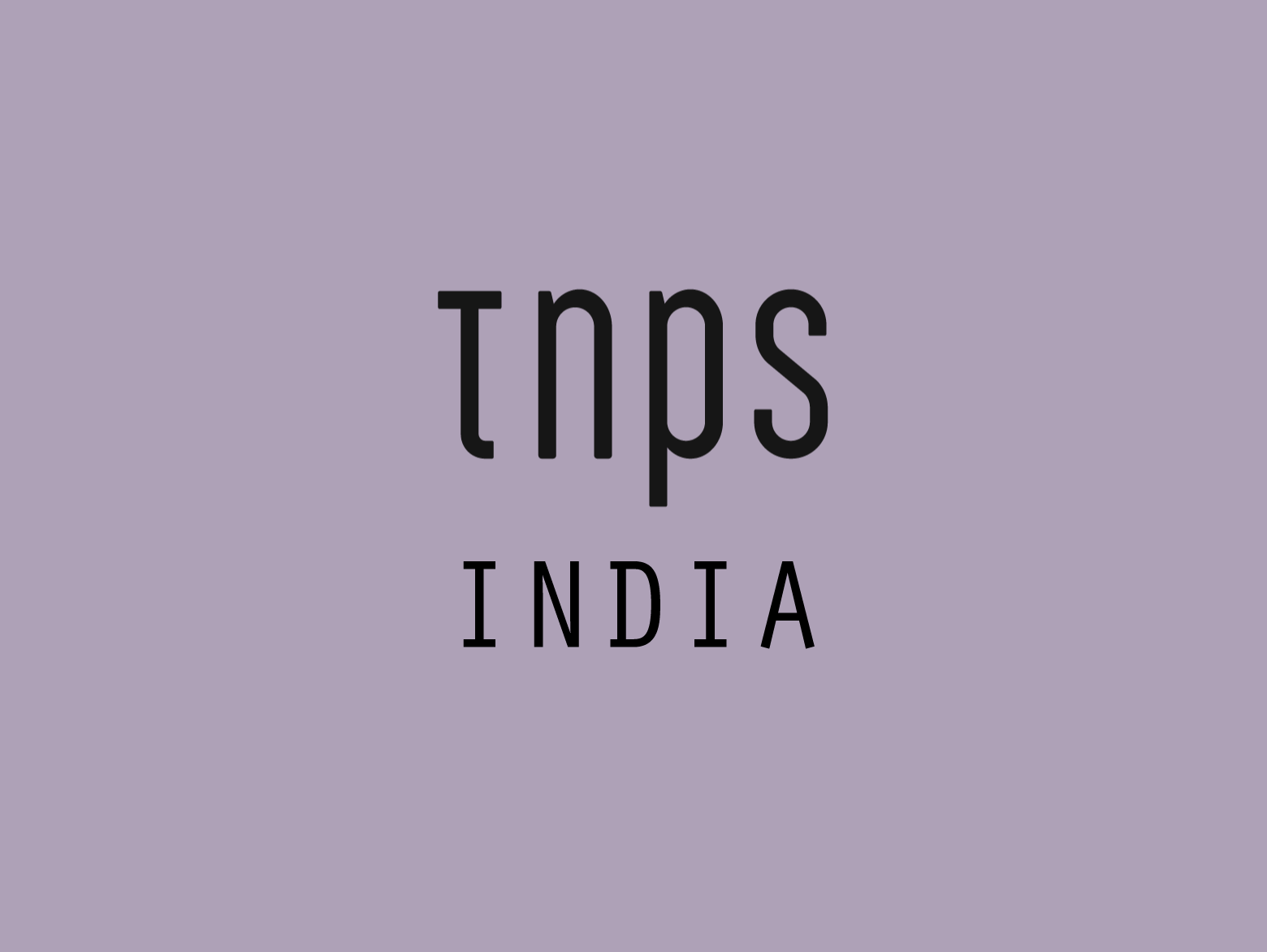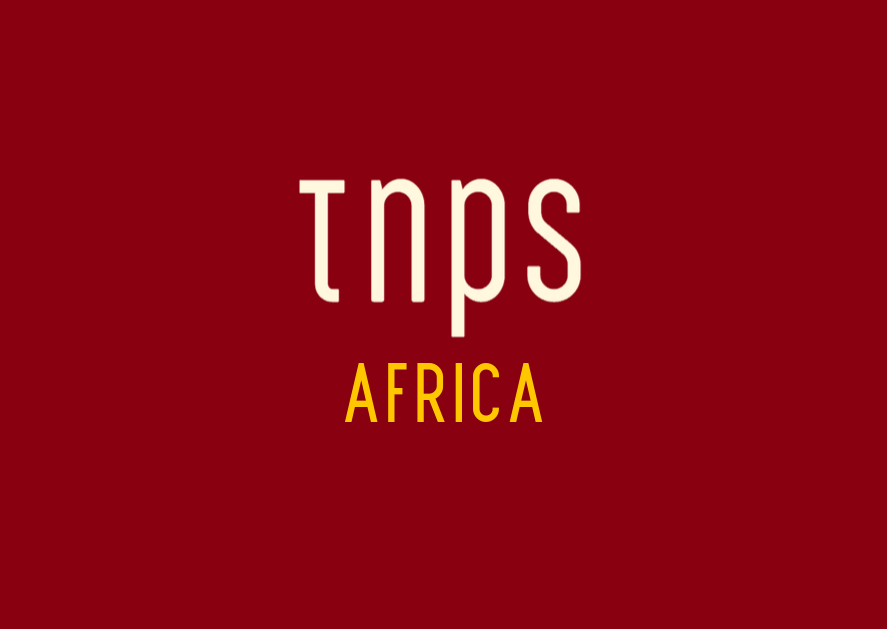Sharjah is unlike anything publishing has ever witnessed before. A city-state that emerged from the emptiness of the Arabian desert to become one of the most powerful forces in modern publishing. A city-state that reveres books and publishing, that has our industry almost literally in its DNA.
The 2023 edition of the Frankfurt Book Fair promises to be the best since the Covid disruption began, and for the first time since 2019 I’m glued to the Buchmesse news as the pre-event online sessions get underway and the main event approaches, excited by the possibilities as the Frankfurt Book Fair finally returns to form as the autumn’s pre-eminent western publishing event.
“At Frankfurter Buchmesse: Politics and Policy in the Pavilion. Programming at Frankfurt Pavilion in October will feature issues in politics and publishing’s role in the protection of democracy.”
That was the headline in Publishing Perspectives, which took a detailed look at the Frankfurter Buchmesse ’23 programme. Do check it out.
Meantime, what about my own headline that the US and UK need to up their game to stay relevant?
Here’s the thing.
The London Book Fair counts for little nowadays, with its constant churn of directors that inevitably have to put the hosting company’s profits before the industry’s needs. It’s a fading star, even as a national event, let alone an international one. Germany’s autumn Buchmesse and Italy’s spring Bologna event hold the torch for Europe’s commitment to global publishing.
Across the pond, the USA’s PW Book Show (the much-needed successor to the disaster that was Book Expo America) and Digital Book World are shining examples of what BEA should have been, but at this time neither have the international clout to be touted as the USA’s Buchmesse.
That may yet come to pass – Edward Nawotka tested the waters with a PW essay back in May arguing that the US needs its own international book fair, and there’s every prospect PW may in the future transform the Book Show into such an event, or better still, launch a USA International Book Fair to run in tandem with the Book Show, perhaps as a fall event to compliment/compete with Frankfurt.
Compete of course being the operative word, no matter the outward camaraderie between events, as we clearly saw earlier this year with the spat between Bologna and London when Bologna moved its 2024 dates to gain an advantage over London, forcing London to make an embarrassing reschedule.

That further weakened LBF’s reputation in the publishing community, after the PR disaster that was hosting company insisting LBF 2020 would proceed as the Coronavirus body-count rose exponentially.

I pick that particular example headline from the TNPS archives for its reference to Leipzig, Germany’s premier public-facing publishing fair, which returned to form this year with 274,000 visitors.
I’ve tackled the topic of national and international book fairs in the era of global publishing more than a few times for TNPS, and particularly the need for London to wake up and smell the coffee.

No sign yet that LBF is ready to ditch ReedPop and run its premier publishing event for the benefit of the industry, but it needs to happen.
As noted in that post, “The publishing word has changed. Its book fairs, not so much. At least, not in Europe. Too late to meaningfully rethink LBF24, of course, but if (LBF Director) Gareth Rapley has any hopes of being a player in the publishing events industry in 2025, now is the time to start reimagining the London Book Fair for the second half of the 2020s.“
The UK, like the US, does not have an international book fair. One might say, nor does Germany, but the Buchmesse, while not using that term, is in every way an international book fair. No-one outside DACH thinks of the Buchmesse as a German publishing event.
By contrast, LBF and the old BEA were national events where the only international element was buying and selling rights to other countries. Guest countries were a way for the hosting company to bring in more money, but with the public largely excluded, what chance the guest countries getting noticed by those that matter most – readers?
The Buchmesse has managed to strike a balance – last year perhaps a little too balanced, 50-50, with roughly 90,000 trade and 90,000 public visitors.

Brussels this year pulled in 90,000 visitors. Paris over 100,000. By contrast, Bologna and London this spring barely pulled in 60,000 between them, and comparisons must be tempered by an understanding that Bologna and London are trade-facing events, while the others are public-facing. But there are lessons to be learned, from the Buchmesse and from the increasing number of public-facing book fairs globally that now routinely include “professional days” as part of their strategy to gain advantage in the new digitally-driven publishing era. An era where territorial demarcations are an anachronism western publishing has yet to shake off, but mean little to the new generation of global publishing professionals in the so-called emerging markets.
From the TNPS Leipzig post: “There’s much to be learned from Leipzig, Frankfurt and the other big footfall fairs and festivals, in looking at how they expand their programme beyond the confines of a single physical location and make the event a celebratory occasion for the city, not just the venue.“
That post added, “Bologna, for so long “just” a children’s book fair, is now reinventing itself and challenging London head-on for supremacy of Europe’s spring trade publishing calendar.”
Book fairs are not charities. They of course need to make a profit to survive and grow, and they need to serve the national interest before the international. But most of all they need to serve the industry’s interests, and as we saw with BEA and have seen with LBF, that cannot be fully achieved unless the fairs are run by the industry for the industry. Just ask Paris, which dumped its hosting company because French publishing interests were put second to selling floor-space to anyone able to pay the price. In its own words, “the tyranny of the square metre.”

But beyond that, we have the continuing globalisation of the industry, driven by digital.
We’ve just seen Brazil’s Rio Biennial clock 600,000 visitors, and 5.5 million books were sold. London attracted 30,000 visitors.

But as the Biennial’s Professional Days showed, the Biennial is no longer just a public-facing event.

That of course just the most recent in the continuing saga of public-facing book fairs, some attracting literally millions of visitors…

…now fielding trade-facing sessions and eating into the territory once the exclusive preserve of the western trade book fairs.
From Buenos Aires to Sharjah to Thailand to Taiwan, it’s the same picture of book fairs bringing together trade and readers, something most western book fairs, like London, have studiously avoided – a throwback to the gentleman’s club days of publishing when white men in suits decided what would be printed, ink on paper, for the unwashed masses to read. A throwback, that is, to May of this year, when gatekeeper emeritus Markus Dohle was still insisting, “Readers need guidance and orientation provided by publishers and retailers who help them to find their next best read.”
With Markus Dohle’s long overdue departure from PRH, one of the last dinosaurs stepped away from the coalface of publishing, but these historical anachronisms lingers on, not least in the way the major western book fairs are still partying like it’s 1999.
Summarising past TNPS discussion:
The London Book Fair LBF needs to move with the times. There is, right now, no UK/Europe equivalent of Bradley Metrock‘s Digital Book World.
Sure, LBF23 had strong themes of AI and audio discussion, but at the end of the day LBF23 was just another traditional publishing book fair clinging to its print roots from an era when the very word book conjured up an image of ink on paper sold in a physical bookstore.
LBF and Bologna are on collision course for the 2024-2030 spring book fair calendar, at a time when so many other book fairs globally are also worth publisher eyeballs and publisher cash.
The PW Book Show and DBW have the Atlantic to separate them, and the vast US market as an attraction London cannot begin to match. For now, the Buchmesse has the autumn European calendar pretty much sown up, and historically has always taken its global obligations seriously.
Other major autumn events like Sharjah and Guadalajara are, at this juncture, not in direct competition with Frankfurt, but Guadalajara is the gateway to Ibero-America and Sharjah the gateway to the Middle East-Africa-West Asia, and increasingly beyond. These are future clashes waiting to happen as Sharjah, especially, flexes its muscles as this decade unfolds.
The Buchmesse and Bologna are strong enough to hold their own, but they need to accord the emerging markets the same respect and attention that Sharjah is now doing, if they are to maintain their pre-eminence. Look at the way Bodour Al Qasimi used her term as International Publishers Association – IPA President to bring marginalised countries into publishing’s mainstream.
Sharjah is unlike anything publishing has ever witnessed before. A city-state that emerged from the emptiness of the Arabian desert to become one of the most powerful forces in modern publishing. A city-state that reveres books and publishing, that has our industry almost literally in its DNA.

Perhaps most important of all, Sharjah, an oil-economy facing potential extinction as the power of crude fades away, has chosen publishing as its new black gold. Given Sharjah has the financial muscle to do pretty much anything it so desires, the fact that it sees its future in international publishing should be an inspiration to us all. A beacon-like reminder of global publishing’s potential wealth, if we can only move beyond the White-Men-In-Smoke-Filled-Rooms-Choosing-Ink-On-Paper-For-The-Masses mentality that still sadly pervades so much of the western industry.
If London wants to remain relevant as an international book fair and as a player on the global publishing stage, it needs to expand its operational base (one venue, three days is an insult to British publishing, but maximises profits for ReedPOP), expand its audience, embrace global publishing, and embrace the technological opportunities emerging.
PW and DBW need to think truly global. And the Buchmesse and Bologna need to take their strategies to a whole new level, not to fight against, but to work in tandem with Sharjah to transform the global publishing economy.





